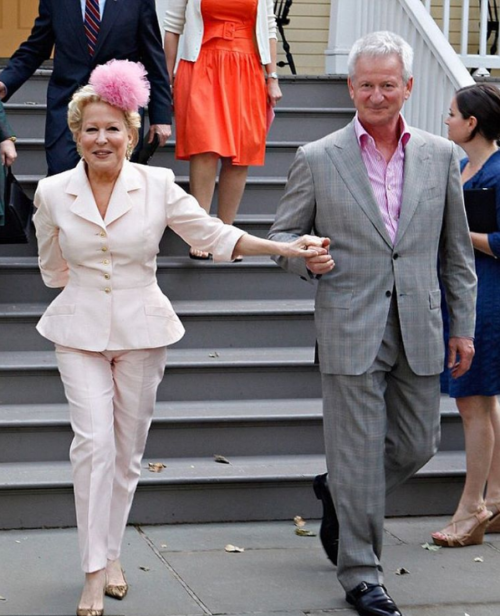Huffington Post
Real Thoughts on Fake Lives
03/13/2012
“Fake” evokes a number of images: reality TV, brush-on tans, social snobs, email solicitations from Nigerian “princes,” and Jim Carrey’s surroundings on The Truman Show. In the 2011 movie Albert Nobbs, actress Glenn Close plays a pretend guy, living a pretend existence. She resides in a tiny room with few possessions and a lot of misery. Her life belongs to her employer, although she stashes hope under the floorboards in the form of cash for a someday business.
I’ve felt like Albert Nobbs myself; perhaps everyone has. At age 23, I applied to be a no-day-off nanny at a Beverly Hills estate; but when handed the job, I bolted. I suddenly realized I’d be living someone else’s life, dressing someone else’s kids, and endlessly focusing on someone else’s activities. I figured I’d rather be the main course on a table of hardship rather than a side dish on a smorgasbord of plenty.
Then there were those moments of celebrity suffocation. As an accomplished party-crasher in my younger years, I hobnobbed with the rich and famous at award shows, on movie sets, at VIP parties and backstage at concerts. With most stars, I could breathe just fine; but there were a few who sucked all air from the room. Dr. Drew Pinsky would call them “narcissists,” a term he uses in his 2009 book, The Mirror Effect, to describe those who engage in unhealthy self-absorption and who strive to attain godlike status. He says the noteworthy rank higher on the narcissism scale than the unknown. As for the underlings and employees of egocentrics, I felt sorry for them; and sensed a deflated demeanor and emptiness in their eyes. I figured they’d lost themselves years prior. Narcissists permit only one balloon at the party: their own.
Apart from those who take jobs unaware of the “soul-devouring” consequences, I wondered about those who intentionally live someone else’s life and headed to the 2012 Celebrity Impersonator Convention and Awards in Las Vegas. I wanted to know how “Sean Connery” and “Johnny Cash” felt about being Sean Connery and Johnny Cash. Could they retain a sense of self while playing 007 or a boy named Sue?
The answer seemed to be yes, with some exceptions. “Dolly Parton” told me she was living her own life; but added that in another sense she was living nine lives. “I’m like a cat. I can portray Dolly, Elvira, Charo, Mae West and five other vamps. It’s all about the wig.”
“Michael Jackson,” “Angelina Jolie,” and “Bono” said their essences were intact; and a hippie wearing round sunglasses concurred, “I am living my own life. I just want to make the world better.”
“But you’re playing Ozzy Osbourne,” I said. “Even the real Ozzy Osbourne doesn’t want to make the world better.”
“Bette Midler” said she didn’t feel absorbed in the role of The Divine Miss M., but added, “Of course, some people are delusional.”
“Whitney Houston” agreed. She told me about an “Elvis,” who when off-duty, wore sequined pantsuits and curled his lip like “the King.” He’d break into “Kentucky Rain” during a downpour; and into “Blue Suede Shoes” when sliding on his Hush Puppies. “He was living in a time warp,” she said. “It was pathetic.”
There were three Elvises at the Convention; and according to a clearly unreliable Internet source, there are an estimated 85,000 Elvis imitators in the world. This source says that by the year 2019, Elvises will make up one third of the world’s population. Oh, well, I suppose it’s better to have three billion Jailhouse Rockers than continents full of starving kids.
A look-alike booking agent told me about a “Natalie Wood” who suffered from severe depression and who predicted she’d one day drown. And she mentioned a former “Marilyn Monroe” named Kay Kent, who got surgery to look like her idol and who once said “It’s almost as though by taking on her appearance I’ve inherited her troubles.” In 1989, this woman committed a copy-cat suicide, dying exactly as the real Marilyn did.
The booking agent also revealed that impersonators who are in high demand are more likely to lose their own identity. “They can get caught up in the character, and don’t know how to snap out of it.”
Due to the economic downturn, few are in high demand these days. There’s less money, but more sanity. Regular nine-to-five jobs keep many impersonators grounded. “Bret Michaels” told me that he worked as a truck driver, and “Dr. Phil” was a manager at Home Depot, advising the lovelorn on power tools. “Barack Obama” earned his living as a materials scientist, and “Tim McGraw” handled loss prevention at K-Mart.
Unfortunately, I was unable to locate “Alice Cooper” for an interview; “Britney Spears” told me he was backstage having a sex change operation. And award nominees “Tom Cruise” and “Will Smith” never showed; they were probably on a mission impossible or saving a planet from aliens.
The Convention taught me that you can impersonate someone else while “living your own life” or you can impersonate yourself while “living someone else’s life.” And it is mostly a matter of perception; it is a subjective and relative enterprise. What is tolerable to one person may be intolerable to another. Although I cringed at the thought of becoming a full-time nanny, others fulfill their dreams in this very field. Although I darted from narcissists, others were surely energized by super-sized personas.
Shakespeare said “all the world’s a stage,” and it is possible Albert Nobbs agreed. Although I deemed her life “miserable,” perhaps she saw it as her own. Perhaps she was disguised as herself, hoping that today’s real Albert could eventually escape and become tomorrow’s real Albert, a freer version of herself.
I left Las Vegas, realizing that it is important to have real thoughts and avoid a fake life. Whatever that may mean to you.








